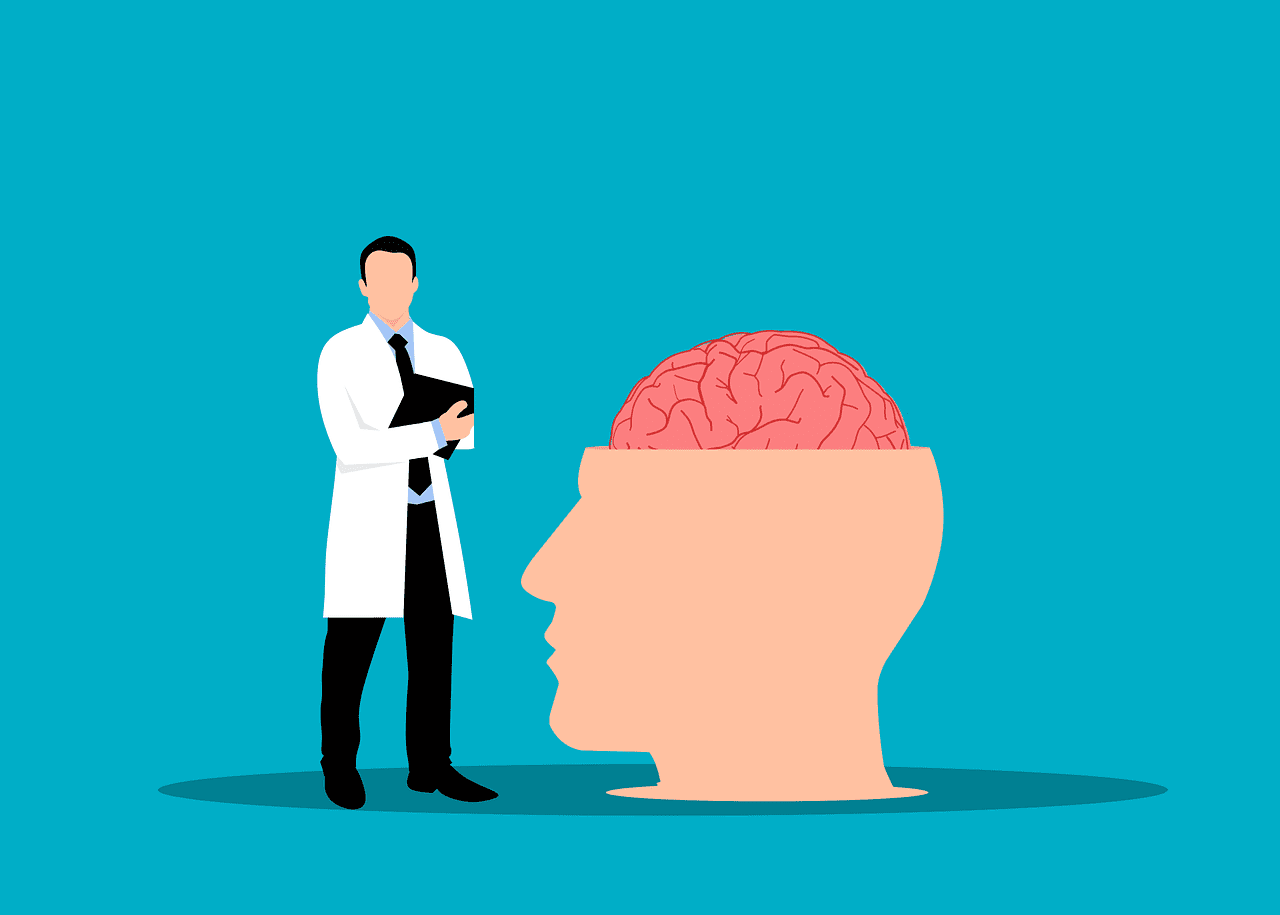The treatment and diagnosis of diseases affecting the nerves, muscles, blood vessels, nervous system, brain, and spinal cord are the subject matters of neurology. These illnesses are treated by doctors in the fields of neurosurgery and neurology.
Key Takeaways
- A neurologist is a medical doctor who specializes in diagnosing and treating diseases and disorders of the nervous system.
- A neurosurgeon is a medical doctor specializing in the surgical treatment of diseases and disorders of the nervous system.
- While neurologists and neurosurgeons treat nervous system conditions, neurosurgeons have surgical expertise.
Neurologist vs Neurosurgeon
A neurologist is a type of doctor that specializes in medical conditions related to the brain and the nervous system, such as learning difficulties and neurodevelopmental disorders. The neurosurgeon is a trained medical professional that carries out surgery and other related procedures for those with chronic conditions.

Muscle weariness, headaches, chronic dizziness, difficulty with balance, emotional confusion, fluctuations in emotions and sensations, and a feeling of heaviness in the brain are all symptoms that should be addressed by a neurologist.
Individuals with chronic conditions such as congenital impairments, aneurysms, and Parkinson’s disease are operated on by neurosurgeons. When a neurologist recommends it, patients go to see a neurosurgeon.
Comparison Table
| Parameters of Comparison | Neurologist | Neurosurgeon |
|---|---|---|
| Surgery | Does not operate any type of surgery. | Operate surgery. |
| Work | Diagnosis | Surgery |
| Treatment | Learning disabilities, disorders related to the central nervous system and neurodevelopmental disorders. | Chronic diseases such as congenital disabilities, aneurysms and Parkinson’s disease. |
| When to see? | In cases of muscle fatigue, headaches, persistent dizziness, difficulties with balance, emotional confusion. | In cases of aneurysm repair, craniotomy, clipping, disk removal. |
| Qualifications required | The pre-medical school (4 years), medical degree in neurology, certifications in stroke, movement. | The pre-medical school(4 years), medical school (4 years), extended house residency. |
| Medication type | Treat health issues with the help of therapy or medications. | Only Surgery |
What is Neurologist?
A neurologist is a doctor who does not do any surgical procedures.
Neurologists are doctors who specialise in diseases of the nervous system and the brain, such as learning difficulties, CNS (central nervous system) problems, and neurodevelopmental disorders.
Muscle weariness, headaches, chronic dizziness, issues with balance, emotional bewilderment, fluctuations in emotions and sensations, and experiencing weight in the head are all signs that you should consult a neurologist.
To become a neurologist, one must complete four years of pre-medical school, a medical degree in neurology, and some additional certifications in stroke, movement, and other areas.
ALS, peripheral nerve problems, Alzheimer’s disease, and epilepsy are all ailments that neurologists deal with. Generally, neurologists strive to manage health problems through therapy or drugs.

What is Neurosurgeon?
A neurosurgeon is a highly trained medical professional who specialises in surgery and related procedures. Individuals with chronic conditions such as congenital impairments, aneurysms, and Parkinson’s disease are operated on by neurosurgeons.
When a neurologist recommends it, patients see a neurosurgeon. Aneurysm repair, craniotomy, cutting, disc removal, endovascular repair, and lumbar puncture are all procedures performed by neurosurgeons.
Neurosurgeons perform surgery and other procedures to treat medical conditions. To become a neurosurgeon, one must complete 4 years of pre-medical school, 4 years of medical school, and an extended house residency programme.
Carpal tunnel syndrome, tumour excision, and brain trauma are all conditions that neurosurgeons deal with. When neurologists fail to treat a patient and surgery is required, neurosurgeons step in.

Main Differences Between Neurologist and Neurosurgeon
- However, on the contrary, Neurosurgeons address several conditions such as carpal tunnel syndrome, tumour removal and brain injuries.
- Neurologists try to treat health issues with the help of therapy or medications. On the other hand, the role of neurosurgeons begins when neurologists fail in the treatment and surgery is required.

- https://books.google.com/books?hl=en&lr=lang_en&id=AHNOHcFq-RwC&oi=fnd&pg=PP1&dq=Difference+Between+Neurologist+and+Neurosurgeon&ots=_pax9QdfgU&sig=ZfgMbLQE5oVOEAjY4Je9nQ6cDEk
- https://books.google.com/books?hl=en&lr=lang_en&id=uh1d6nqaXeAC&oi=fnd&pg=PP11&dq=Difference+Between+Neurologist+and+Neurosurgeon&ots=rbKjg9klNL&sig=mS1FEG6HA08XuZZGSvFifLCbtiU



